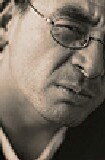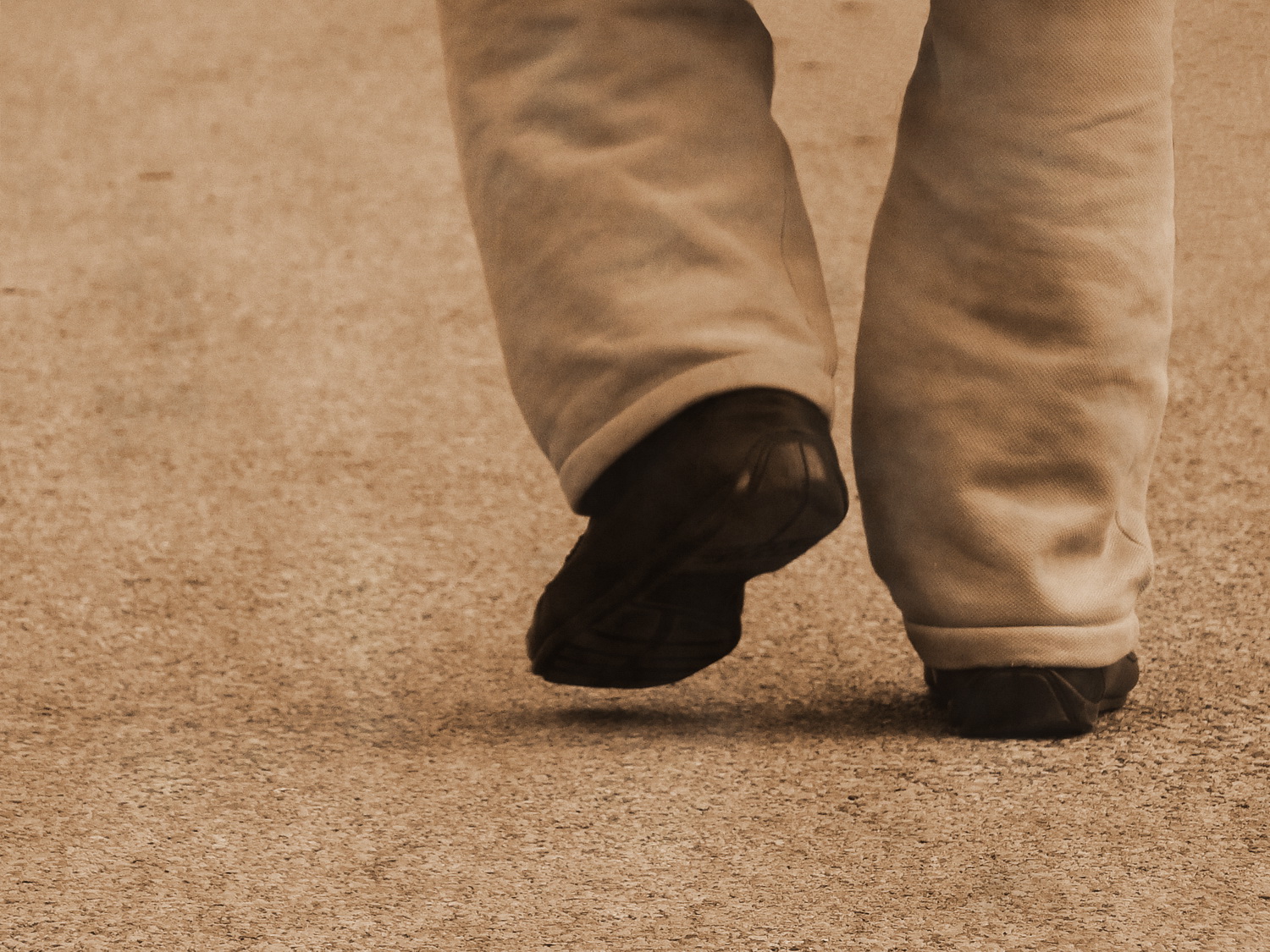
THURSDAY, Sept. 5 (HealthDay News) — Every face tells a story, and when you’ve had too little sleep the world sees it in technicolor, a new study suggests. What’s more, those red, puffy eyes and sagging eyelids likely influence what people think of you, the researchers say.
So, the next time you’re tempted to pull an all-nighter, consider that “other people might treat you differently because of the way you look when you haven’t slept,” said lead study author Tina Sundelin, from the department of psychology at Stockholm University.
Telltale signs of fatigue include dark circles under the eyes, pale skin, fine wrinkles, and turned-down corners of the mouth, the Swedish researchers found. You look sadder too, they noted.
A plastic surgeon who was not involved in the study agreed that these attributes may speak volumes to others. “We all make unconscious and conscious value judgments of people based on appearance: character, trust, strength, attractiveness, etcetera. Some of this is undoubtedly genetic and some of this is prejudice,” said Dr. Jeffrey Salomon, an assistant clinical professor of plastic surgery at Yale University School of Medicine.
Lack of sleep is easily recognizable because everyone has experienced it, he explained. “Character judgments and scenarios associated with this observation are inevitable,” Salomon said. “The ‘lookness’ of people elicits a strong mental and visceral response in the observer, even if the observer is you looking in the mirror or at a photograph.”
The only way to improve the look of fatigue is to sleep, Salomon added.
For the report, published in the September issue of Sleep, Sundelin’s team took photos of 10 people after eight hours of sleep and again after 31 hours of not sleeping. The researchers then showed the photos to 40 people who evaluated them based on 10 facial cues, and fatigue and sadness.
Sleep deprivation was linked to looking significantly more fatigued, the investigators found.
According to the researchers, reading facial cues is a highly developed skill. Based on this skill, people make judgments about whether someone can be trusted or is aggressive or competent, they pointed out.
The visual cues to fatigue that the study identifies may also have implications in transportation safety and medical diagnoses. Sundelin said they could help in the development of systems to reveal sleepiness in transportation workers such as pilots and truck drivers.
Looking sleep-deprived might actually be the sign of a more serious medical condition, such as a chronic illness or depression, said Dr. Len Horovitz, an internist at Lenox Hill Hospital in New York City.
“There are many other illnesses that give a person that same facial appearance,” he said. “So it may not be fatigue, it could be chronic illness.”
Doctors should ask patients about the duration and quality of their sleep, Horovitz suggested.
For instance, pale skin could be a sign of the blood disorder anemia, not just a lack of sleep, he said. “Facial expression can reveal many things,” he added.
Nearly one-third of Americans regularly get insufficient sleep, according to the American Academy of Sleep Medicine.
More information
For more information on sleep, visit the National Sleep Foundation.
Copyright © 2025 HealthDay. All rights reserved.

